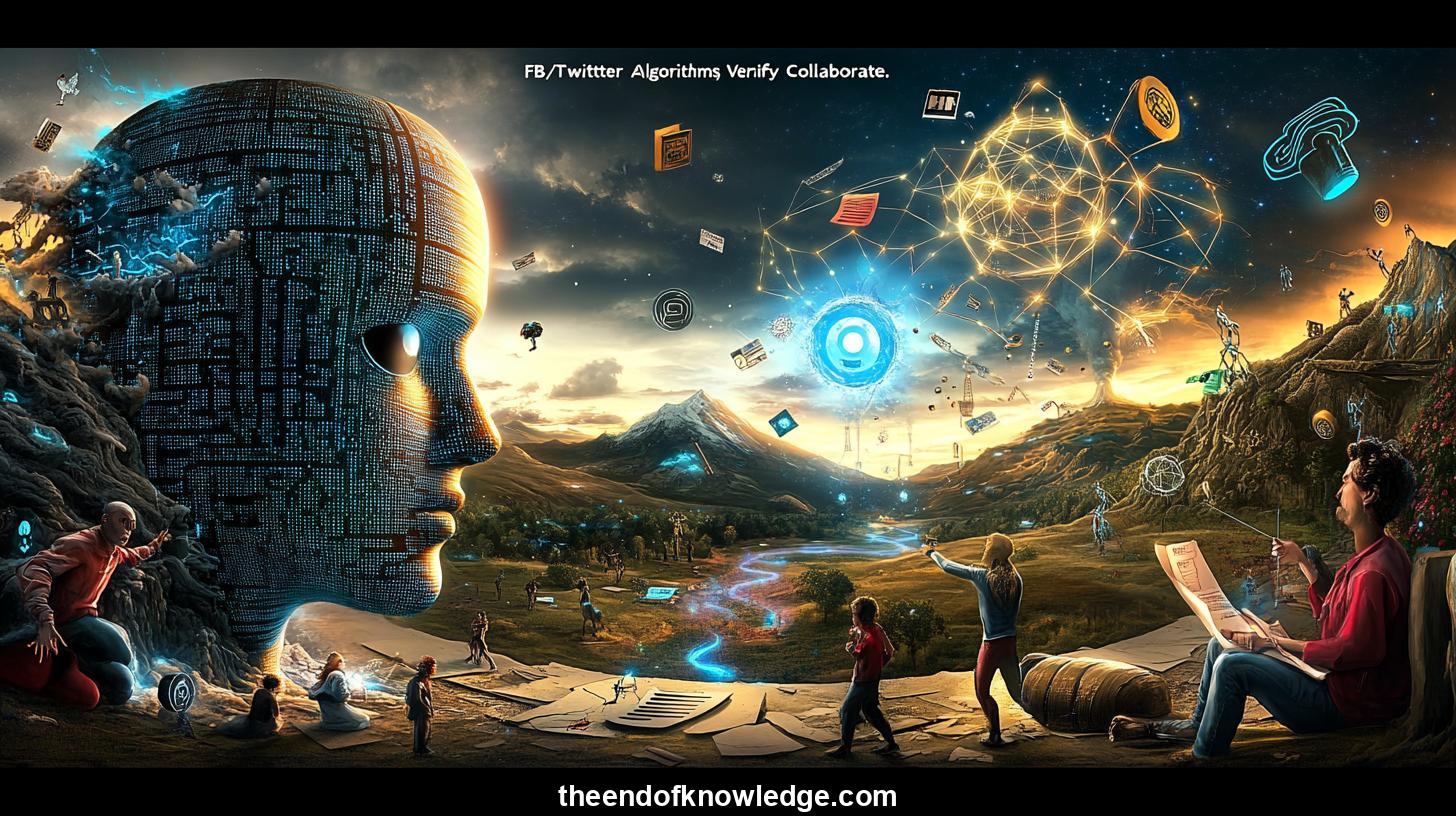 >
>
Concept Graph, Resume & KeyIdeas using DeepSeek R1 :
Resume:
discusses the importance of decentralization in technology and society, focusing on the Nostr protocol as a decentralized platform for social interaction and information sharing. It highlights how Nostr operates without centralized control, allowing users to maintain ownership of their data and content. The protocol is described as a tool for promoting liberty of expression and resisting censorship, contrasting it with traditional social media platforms like Twitter and Facebook, which are criticized for their algorithms, data manipulation, and control over user content. The discussion also touches on the broader implications of decentralization, including its potential to empower individuals, reduce reliance on centralized systems, and create a more equitable digital landscape. emphasizes the need for users to become more conscious of their digital footprint and the importance of adopting decentralized technologies to safeguard privacy and freedom in an increasingly controlled world.30 Key Ideas:
1.- Decentralization is a paradigm shift away from centralized systems, promoting individual freedom and autonomy.
2.- Nostr is a decentralized protocol enabling users to maintain control over their data and content.
3.- Traditional social media platforms like Facebook and Twitter are criticized for their manipulative algorithms and data control.
4.- Decentralized platforms resist censorship, allowing unrestricted expression and information sharing.
5.- Bitcoin and blockchain technology exemplify decentralization in financial systems, challenging traditional power structures.
6.- The shift to decentralized systems requires user consciousness and awareness of digital privacy.
7.- Centralized systems often prioritize profit over user welfare, manipulating data for financial gain.
8.- Nostr operates through a network of relays, ensuring information is distributed without central authority.
9.- Users on decentralized platforms can choose their relays, tailoring their experience without algorithmic manipulation.
10.- Cryptography in Nostr ensures secure communication and data protection.
11.- Decentralization fosters transparency and accountability, contrasting with opaque centralized systems.
12.- The adoption of decentralized technologies is seen as a resistance against corporate and governmental control.
13.- Bitcoin’s decentralized nature promotes financial liberty, reducing reliance on traditional banking systems.
14.- Decentralized platforms like Nostr encourage community-driven development and collaboration.
15.- emphasizes the importance of verifying information, aligning with the Bitcoin philosophy of "don’t trust, verify."
16.- Decentralization challenges the concentration of power in tech giants and governments.
17.- Traditional social media platforms are criticized for their role in spreading toxicity and polarization.
18.- Nostr’s decentralized model reduces the risk of censorship and content manipulation.
19.- The transition to decentralized systems faces resistance from powerful entities benefiting from centralization.
20.- Decentralized technologies are seen as a means to achieve a more equitable and just digital society.
21.- argues that decentralization is essential for safeguarding privacy and freedom in the digital age.
22.- Nostr’s protocol is open-source, allowing developers to contribute and improve the platform collectively.
23.- Decentralized systems empower users to take control of their digital lives and data.
24.- The discussion highlights the potential of decentralized platforms to create a more democratic internet.
25.- Resistance to decentralization often stems from fear of losing control and power.
26.- advocates for the adoption of decentralized technologies as a means to challenge existing power structures.
27.- Decentralization promotes individual sovereignty, enabling users to make informed choices about their digital presence.
28.- The shift to decentralized systems requires a cultural change, emphasizing privacy and security.
29.- Nostr and similar platforms represent a new era of internet usage, focusing on user empowerment and freedom.
30.- Decentralization is seen as a critical step toward creating a more transparent, equitable, and liberated digital world.
Interviews by Plácido Doménech Espí & Guests - Knowledge Vault built byDavid Vivancos 2025